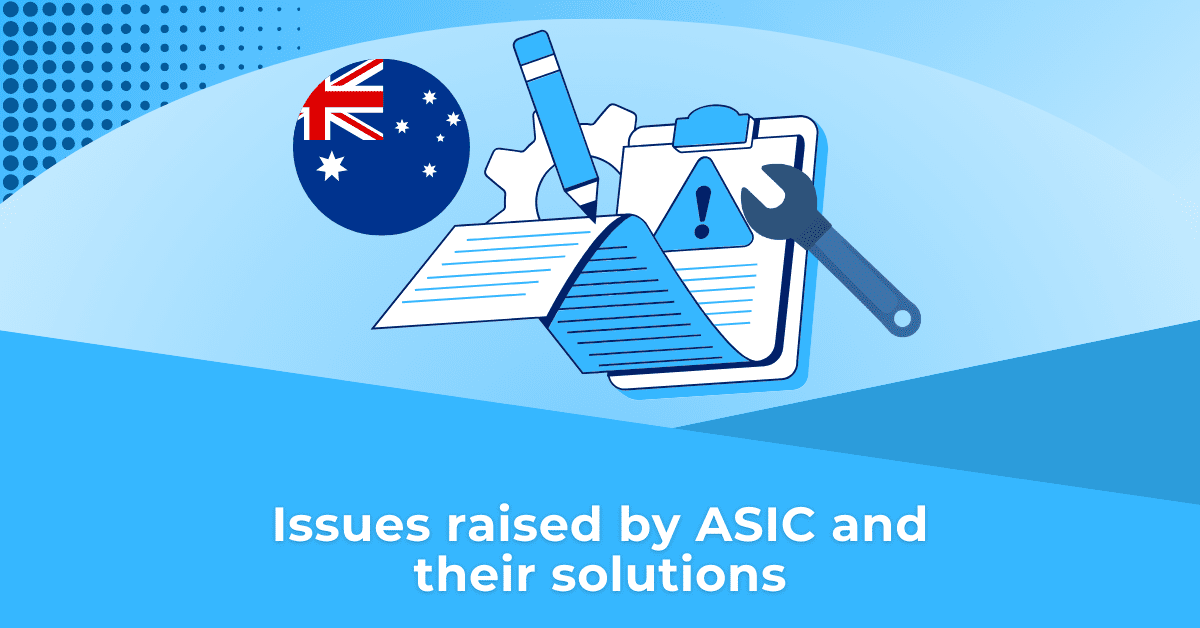TRAction’s reporting services include data validation and data enrichment to ensure that errors are identified in client submissions are resolved and the file format meets requirements, prior to submitting data to the Trade Repository (TR). There can be the odd occasion however where we receive incorrect data, which upon submission then causes an error at the TR. The content of this article applies to both EU and UK SFTR.
We’ve identified the 3 most common errors in the transaction data we receive from our clients:
1. Incorrect Action Type used for a previously submitted report
This is the most common type of SFTR error that we receive from the TR. The exact error message looks as follows:
What goes wrong?
When TRAction first report a new SFT, we report the action type as “NEWT” or “POSC”. If the transaction then remains open and the next day we go to report the collateral updates on this transaction, the action type will change to “COLU”.
An error arises when the action type isn’t updated on the transaction file that the client provides and we then submit with an action type of “NEWT” or “POSC” again.
As the error message states, we cannot again report this transaction as a new transaction as this has already been done.
How is this fixed?
Whenever this issue occurs, we contact our client and ask them to update this field in the file they sent to us. Once they have provided the correct action type, we then amend the exceptions and resubmit them to the TR.
TRAction will also inform the client that this might occur from a duplicate trade and request a confirmation that the trades were not previously sent to us. If this is the case, then there is no action needed.
If the client provided the wrong Trade ID (and it is in fact a new transaction rather than a duplicate), then the client will have to provide the correct TradeID so we can generate a new xml file and submit the trade to the TR.
2. Incorrectly formatted dates
TRAction often see our clients populate the date fields incorrectly, with the day and month sections placed the wrong way around. We get error messages from the TR in the XML handback when this happens. This is how they appear:
What goes wrong?
This happens when a client incorrectly formats a date field in their file, as they must be reported as ‘YYYY-MM-DD’. Taking the above as an example, if the client populates the Termination Date of the SFT as ‘2022-12-03’ (when it should have been ‘2022-03-12), it will lead to an error because we are attempting to report it with a date that is in the future, and therefore later than the actual reporting timestamp of the trade. This of course is not possible and gets rejected. Under certain circumstances, incorrectly populated date fields can be mistakenly accepted by the TR because the system is not able to pick up the error. For example, if a trade date of 3 January 2022 is written as 2022-03-01 and it is a date prior to the submission date, this information would be accepted by the system as 1 March 2022.
How is this fixed?
TRAction can either fix the errors for our clients or get them to amend the incorrect date and re-submit the file. We can then re-process the transaction file again once the format is corrected.
3. Incorrect timeline
We sometimes find instances where our clients complete the wrong expiration date and the timeline for the relevant trade is not correct. In these cases, we request the client to provide with correct dates.
What goes wrong?
This is likely to be from manual handling of data and human error.
How is this fixed?
The client will have to review and correct the dates and provide the corrected file back to TRAction so we can re-submit the file to the TR.
What do you need to do?
In order to minimise the burden on your operations and compliance teams and also reduce time spent on back and forth communication to fix errors, it’s important to get the raw client data right in the first instance before you submit it to your delegated reporting service provider such as TRAction.
Take the time to review your system settings to ensure the reports are being generated correctly to improve your reporting today. We also recommend our clients check if TRAction can automatically extract the details from their platform (or have automatic reports generated and sent each day without human intervention) to minimise the errors that occur when using ‘file submission’ method.
If you have any questions, please feel free to contact us.




